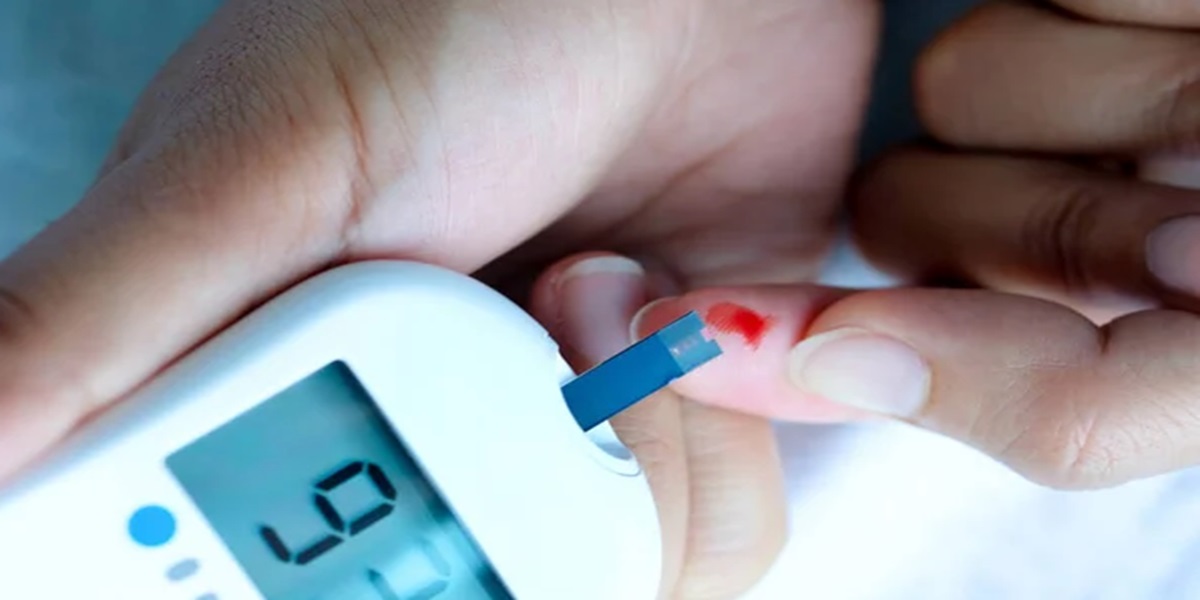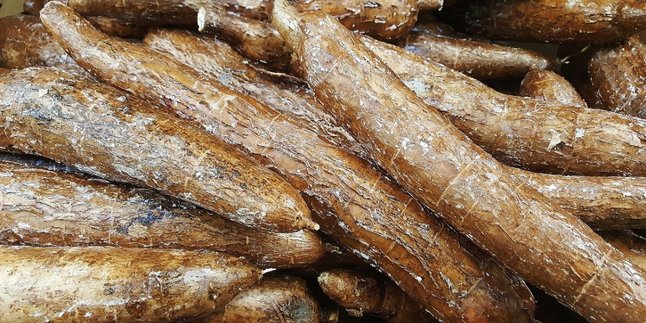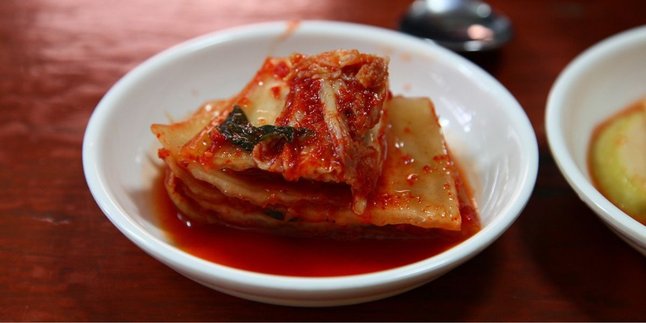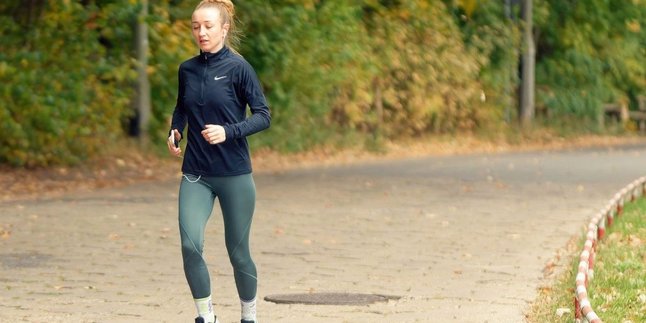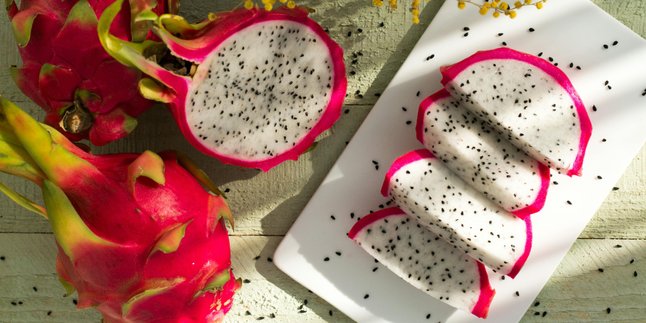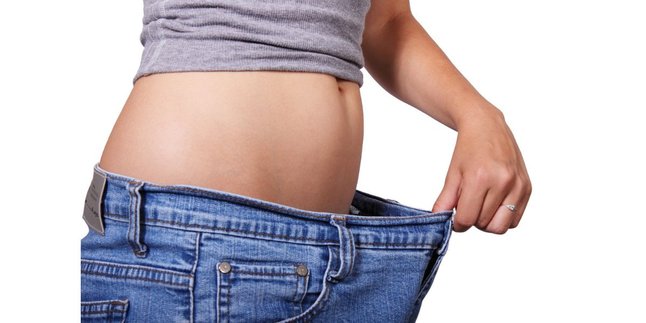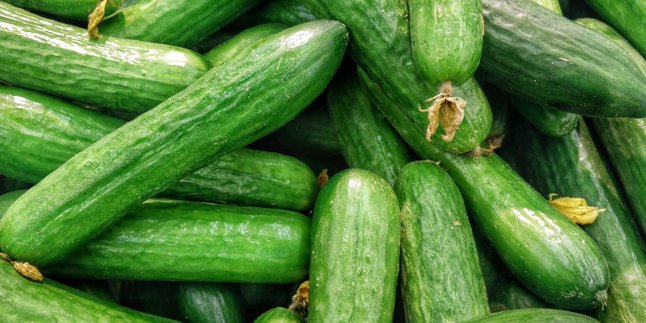Kapanlagi.com - Low blood sugar, or known as hypoglycemia, is a serious condition that requires prompt treatment. When glucose levels in the blood fall below normal, the body can experience various problems. Diabetes sufferers who rely on insulin or blood sugar-lowering medications often become the first victims of this condition.
The symptoms of hypoglycemia are very diverse, ranging from weakness, trembling, to nausea. In more severe cases, a person can even lose consciousness. Therefore, it is crucial for us to understand quick and effective ways to address low blood sugar, in order to maintain the stability of our body's condition.
If you or someone close to you experiences these symptoms, don't panic! Immediately take the following steps to properly and quickly address hypoglycemia. Let's keep our health together!
1. 1. First Aid with Sweet Food or Drink
The simplest first step to address hypoglycemia is to consume sweet food or drink. When the body is lacking glucose, additional sugar intake becomes an effective instant solution. You can choose a glass of fresh fruit juice, a spoonful of honey, sweet candies, or other sweet drinks to quickly restore blood sugar levels to normal.
If there are no sweet drinks available, raisins, dates, or chocolate can be tempting alternatives, as these foods are rich in simple carbohydrates that are easily absorbed by the body. Within 10 to 20 minutes after consuming them, the symptoms of hypoglycemia usually subside.
However, once blood sugar levels begin to stabilize, don’t forget to consume a balanced and nutritious main meal, including complex carbohydrates, protein, and healthy fats, to prevent symptoms from returning.
2. 2. Food Choices to Increase Blood Sugar
If you're looking for a quick and safe way to address low blood sugar, there are several food options that can be effective solutions! First, enjoy whole grain bread with peanut butter, which is rich in complex carbohydrates and protein, helping to keep your blood sugar stable for longer.
Alternatively, try a combination of fresh fruits like apples, pears, or oranges with cheese, which not only provides quick glucose but also protein and healthy fats. Nuts are also a smart choice, containing nutrients that slow down glucose absorption, making them an ideal snack for those with hypoglycemia.
Don’t forget to always prepare snacks like nuts or dried fruits in your bag as a precaution when your blood sugar levels suddenly drop!
3. 3. Non-Food Alternatives: Glucose Gels and Tablets
When food or drink is not available, glucose gels and tablets are practical solutions that are ready to use! Specifically designed to quickly raise blood sugar levels, these products are ideal for emergency situations. You can find glucose tablets at the pharmacy without a prescription, and their usage is very easy—just follow the instructions on the packaging and feel the effects in no time.
For those with a history of severe hypoglycemia, be sure to always carry glucose tablets or gel wherever you go. However, if symptoms do not improve after consuming them, do not hesitate to consult a doctor or visit the nearest healthcare facility for proper treatment.
4. 4. When is Medical Care Needed?
In cases of severe hypoglycemia that result in loss of consciousness, immediate medical action is crucial. One common solution is a glucagon injection, a hormone that plays an important role in triggering the release of glucose from the liver into the bloodstream.
If the patient is unconscious, an infusion of glucose solution becomes an effective alternative, but it can only be administered by trained medical personnel. Therefore, it is important to promptly take the patient to the hospital if their condition worsens.
After receiving appropriate care, patients are usually advised to regularly check their blood sugar levels and follow the dietary and medication regimen recommended by their doctor to maintain their health.
5. 5. Eating Patterns to Prevent Hypoglycemia
Prevention is better than cure, and one smart step to keep blood sugar stable is to implement a regular and balanced diet. Start your day with a breakfast rich in complex carbohydrates and protein for optimal energy.
When your stomach starts to growl, enjoy healthy snacks such as fresh fruit or nuts in the morning. For lunch, make sure your plate is filled with a balanced combination of carbohydrates, protein, and healthy fats. In the afternoon, whole grain bread or yogurt with fruit pieces can be a refreshing snack choice.
As night falls, choose dishes that are easy to digest yet still rich in nutrients. Don't forget, before bed, enjoy a light snack like a banana or a glass of warm milk to soothe the body. By following this eating schedule and regularly checking your blood sugar levels, you can maintain your health more effectively!
6. 6. The Dangers That Lurk When Blood Sugar is Low
Hypoglycemia, or low blood sugar, can pose a serious threat to health, especially for the brain, which heavily relies on glucose as an energy source. Initially, a person may feel weak, dizzy, and shaky, but if not addressed promptly, this condition can progress to confusion, vision disturbances, and even difficulty speaking.
In more extreme situations, the risk of fainting or seizures looms, which can lead to life-threatening circumstances. Diabetic patients who take blood sugar-lowering medications must be more vigilant, as a drastic drop in blood sugar not only disrupts bodily functions but also increases the likelihood of long-term complications such as nerve damage and heart problems.
Therefore, it is crucial to promptly address low blood sugar by consuming foods or drinks that are rich in rapidly absorbable sugars, as well as regularly monitoring blood sugar levels to prevent more serious consequences.
7. 1. Does low blood sugar only affect people with diabetes?
Hypoglycemia is not a problem that only plagues people with diabetes; anyone can experience it! This condition can arise from irregular eating patterns, excessive physical activity, or even excessive alcohol consumption. So, stay alert and maintain a balanced lifestyle to keep your health in check!
8. 2. Can excessive sugar consumption prevent hypoglycemia?
Be careful with sugar! Consuming too much sugar can trigger a sharp spike in blood sugar levels that is highly risky, followed by a sudden drop that is equally dangerous. To maintain health, it is advisable to manage sugar intake wisely and not overdo it.
9. 3. What should be done if symptoms do not improve after consuming sweet foods?
If the symptoms you are experiencing do not show improvement within 20 minutes, do not hesitate to check your blood sugar levels. Consult a doctor immediately to receive appropriate and prompt treatment. Your health is the top priority!
(kpl/ank)
Disclaimer: This translation from Bahasa Indonesia to English has been generated by Artificial Intelligence.
